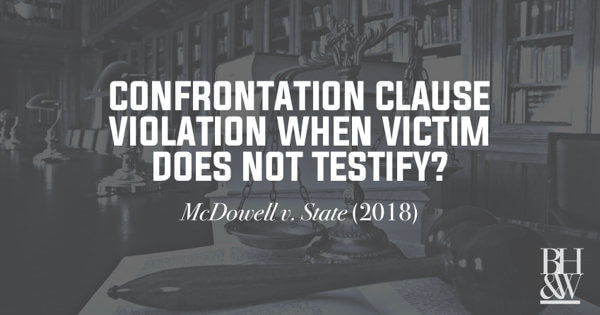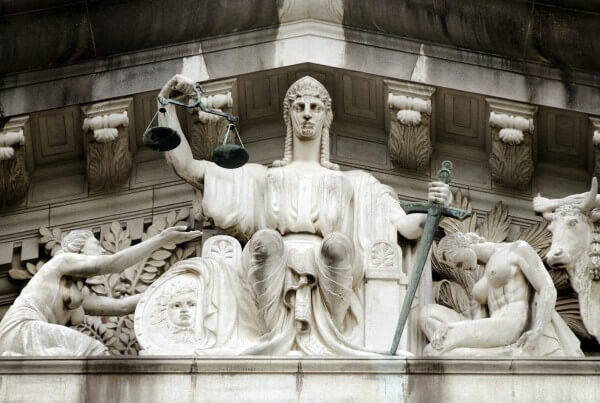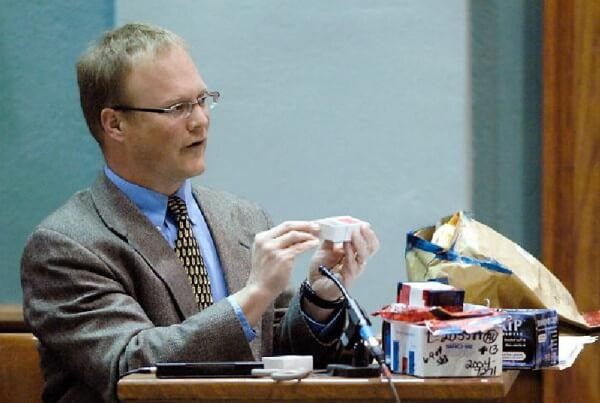This Tuesday (6 Dec 11), the United States Supreme Court heard another Confrontation Clause case (Williams v. Illinois) dealing with forensic testing (ala Melendez-Diaz and Bullcoming). The question presented was
Whether a state rule of evidence allowing an expert witness to testify about the results of DNA testing performed by non-testifying analysts, where the defendant has no opportunity to confront the actual analysts, violates the Confrontation Clause.
At trial, the state called a DNA expert to testify about how it matched the accused’s DNA profile with DNA evidence recovered from a rape victim, but the state did not call a DNA analyst from the company that conducted the initial testing. The defendant later claimed that his right to confrontation was violated because he was denied an opportunity to question all of the DNA analysts that tested the evidence. The Court was hotly divided on the issue, at times debating amongst themselves.
Robert Barnes of the Washington Post covered the case HERE. I couldn’t attend the hearing, so I’ll rely on his account of the oral argument.
The ABA preview of the case, which briefs and such, is HERE.










